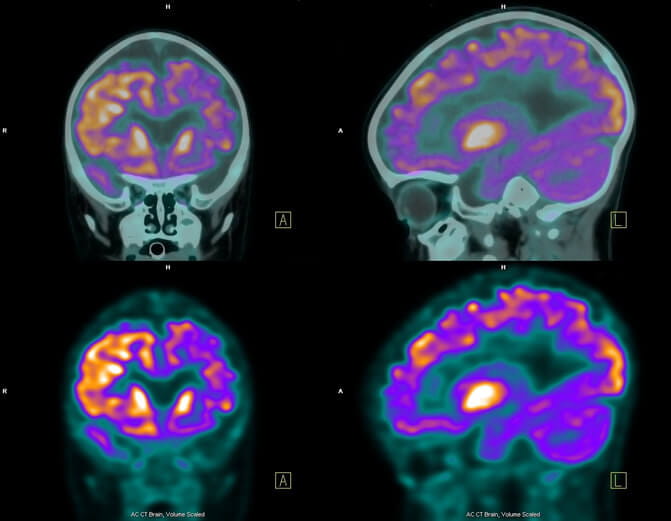Neuro and Stroke Care
That Treats You Like Family
Find a Neuro and Stroke Care Provider
A question frequently asked by someone who has had an epileptic seizure or who has a loved one who has had one is, “Are seizures and epilepsy the same thing?” The short answer is no. According to the Epilepsy Foundation in its most recent definition of the disease, a person is considered to have epilepsy if they meet any of three conditions:
The definition also describes that: “Epilepsy is considered to be resolved for individuals who had an age-dependent epilepsy syndrome but are now past the applicable age or those who have remained seizure-free for the last 10 years, with no seizure medicines for the last 5 years.”
This definition makes clear that having a seizure does not mean a person has epilepsy. An isolated seizure is a transient event involving abnormal, disorderly neural activity in the brain that can be caused (or “provoked”) by a number of conditions including high fever, alcohol withdrawal or extremely low blood sugar. The Epilepsy Foundation also made it a point in the new definition to refer to epilepsy as a “disease” and no longer as a “disorder,” to help the public understand the serious nature of the illness.
Epilepsy can have a number of causes, including:
Epilepsy is the fourth most common neurological disorder. It affects people of both genders and all ages and races. It can be present from birth or develop later in life.
Many people associate epilepsy with generalized seizures, or what is sometimes called grand mal seizures, in which the person collapses, stiffens and has vigorous and uncontrolled movements of the arms and legs. However, epilepsy can affect any area or amount of the brain.
A partial or focal seizure affects a particular area of the body. This can result in actions such as jerking or rhythmic movement of a hand, for example. It can also produce bodily sensations that cause a person to repetitively pull at their clothing, scratch a particular area, etc.
What are called absence, or petit mal, seizures often cause a person to stare blankly, sometimes with small movements such as frequent blinking of the eyes. This type of seizure, which is most common in children, typically lasts only seconds.
For people with epilepsy, the social and emotional impact can be just as profound as the physical effects. Seizures and public perception of people who have them can affect relationships, work opportunities, the ability to drive, personal safety and much more.
The first time a person has a seizure, they should seek medical care to see if a cause can be determined. People with diagnosed epilepsy should talk with their doctor if the frequency or severity of their seizures increases.
A trip to the hospital is not always necessary for epileptic seizures. However, a seizure should be considered a medical emergency if any of the following are true:
People with epilepsy may be prescribed medication including anticonvulsants and may have limitations on certain activities such as driving. People observing someone having a generalized seizure should take action to prevent the person from being injured such as cushioning their head, loosening any tight neckwear and moving objects out of the way.
People having a seizure are not at risk of swallowing their tongue, as was once believed, so there is no need to put anything between their teeth or to pry their mouth open. It can be helpful to make a mental note of the characteristics of the seizure such as the duration and type of movements as this information can help the person’s doctor diagnose the type of seizure.
